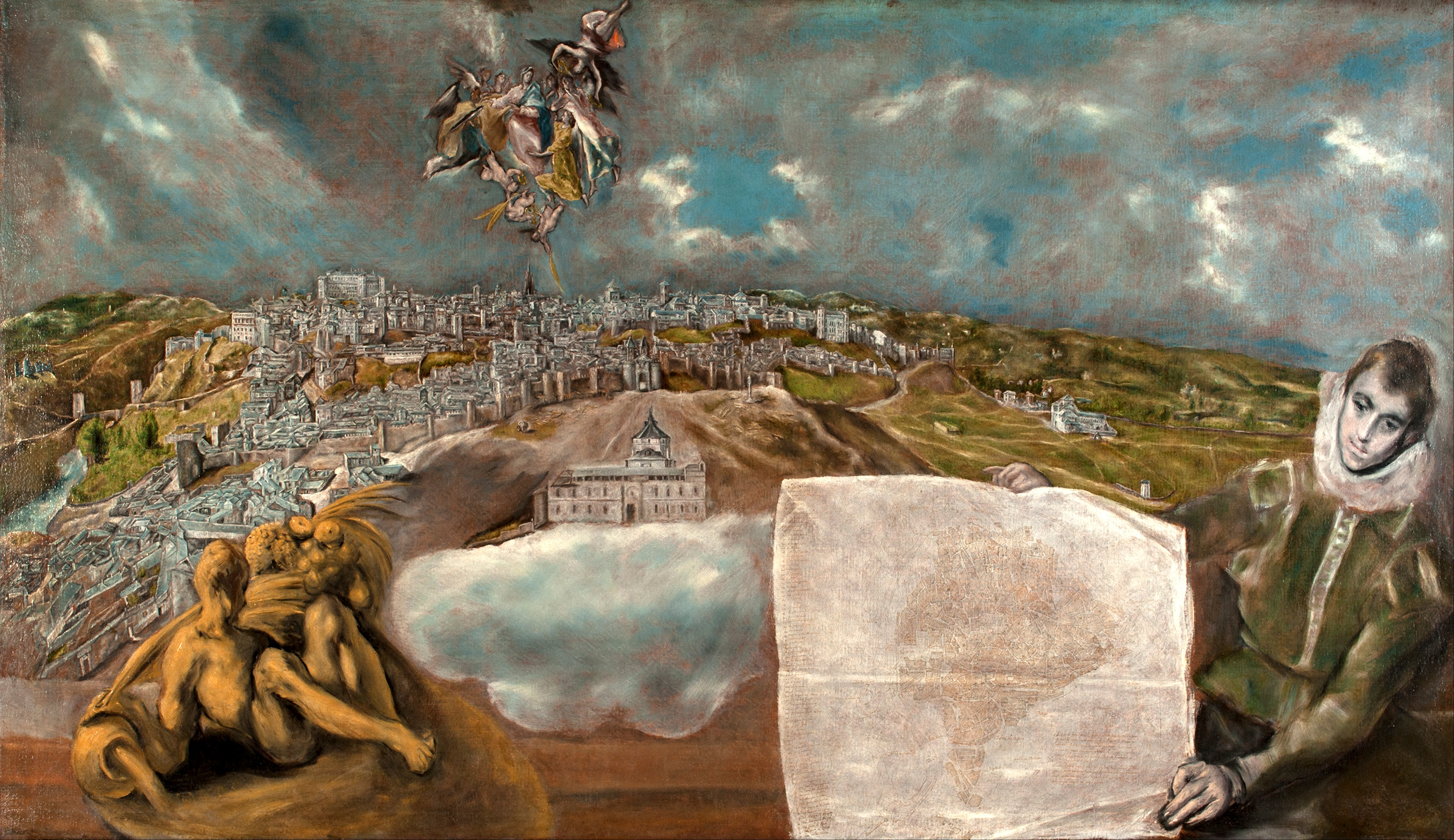 Literature, science fiction, and the fringe
Literature, science fiction, and the fringe
 Literature, science fiction, and the fringe
Literature, science fiction, and the fringe
by W. Somerset Maugham
Of Human Bondage reflects on a life in an attempt to answer some of those ever-relevant unanswerable questions.
Rather than write a review reflecting on his reflection, I’ll let Maugham speak for himself. The book is remarkably well suited to this task, a literary quine, of sorts. The following is a converstaion between Philip, the protagonist, and Cronshaw, an aging, alcoholic, irrelevant poet whom he befriended:
‘I told you that it would give you an answer to your question when you asked me what was the meaning of life. Well, have you discovered the answer?’
‘No,’ smiled Philip. ‘Won’t you tell it me?’
‘No, no, I can’t do that. The answer is meaningless unless you discover it for yourself.’ (pg. 407)
Some time later, ruminating on the conversation above:
Philip remembered the story of the Eastern King who, desiring to know the history of man, was brought by a sage five hundred volumes; busy with affairs of state, he bade him go and condense it; in twenty years the sage returned and his history now was in no more than five volumes, but the King, too old then to read so many ponderous tomes, bade him go and shorten it once more; twenty years passed again and the sage, old and grey, brought a single book in which was the knowledge the King had sought; but the King lay on his death-bed, and he had no time to read even that; and then the sage gave him the history of man in a single line; it was this: he was born, he suffered, and he died. There was no meaning in life, and man by living served no end. It was immaterial whether he was born or not born, whether he lived or ceased to live. Life was insignificant and death without consequence. (pg. 526)
Show, don’t tell — Of Human Bondage is an outstanding response to questions for which outside answers are unacceptable. It’s the kind of response that can only be delivered in long-form writing or through experience itself.

View and Plan of Toledo, ca. 1608, by El Greco (Public domain, via Wikimedia Commons).
"Philip, silent still, returned to the photograph of Toledo, which seemed to him the most arresting picture of them all. He could not take his eyes off it. He felt strangely that he was on the threshold of some new discovery in life."
◂ prev: Feb 2023 |
next: Jun 2023 ▸ |
A Short Stay in Hell
(2009)
by Steven L. Peck
|
Hard Rain Falling
(1966)
by Don Carpenter
|